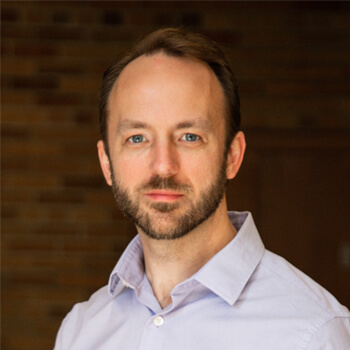Organ emphasis
A recital or service of sacred organ music is required for the Master of Church Music (Organ Emphasis) degree. Students must have passed all portions of the qualifying audition and candidacy status. This recital/concert will be a minimum of 60 minutes in length, with appropriate repertoire chosen by the student and instructor and approved by the department. The intent of the recital or service is to demonstrate the heightened skills acquired through the course of study in organ and church music.
Recitals must be given at Concordia. Recital dates can be selected by the student and the instructor based on the school calendar, but final approval must be given by the Music Department Chair.
In addition to playing the recital, the student is to research and analyze the selections, write a paper that presents the findings, and provide brief program notes for the recital/concert. The paper is to be properly documented and presented to the music faculty at least three weeks prior to the recital/concert. It is to present the historical facts and insights into the composition and composer, which will be used in the interpretation of the music. The department may suggest revisions to this document before granting final approval and acceptance of the paper. A copy of the finished and approved paper will be catalogued and placed into the holdings of the university library.
Choral emphasis
A concert or service of sacred music is required for the Master of Church Music (Choral Emphasis) degree. Students must have passed all portions of the qualifying audition and have candidacy status. This concert or service will be a minimum of 60 minutes in length, with appropriate repertoire chosen by the student and instructor and approved by the department. The intent of the concert or service is to demonstrate the heightened skills acquired through the course of study in conducting, church music, and/or singing.
Concert or service dates can be selected by the student and the instructor based on the school calendar, but final approval must be given by the Music Department Chair.
In addition to directing the concert or service, the student is to research and analyze the selections, write a paper which presents the findings, and provide brief program notes for the concert/service. This paper is to be properly documented and presented to the music faculty at least three weeks prior to the concert/service. It is to present the historical facts and insights into the composition and composer, which will be used in the interpretation of the music. The department may suggest revisions to this document before granting final approval and acceptance of the paper. A copy of the finished and approved paper will be catalogued and placed into the holdings of the university library.
Comprehensive examination
The comprehensive examination is given at the end of the student’s course of study. It is designed to bring together all aspects of the student’s study and experiences into one culminating activity of two parts, a written and oral examination. Students must have achieved candidacy status and completed the recital/concert/service before attempting the comprehensive examination.
After the student has thoroughly prepared and completed all courses for the degree, a committee of music faculty will be selected. That committee will consist of two instructors of the student’s choosing and the director of the Master of Church Music program. It is the student’s responsibility to secure the consent of each instructor to serve on his/her committee and to coordinate the meeting of this group.
A three-hour time period will be scheduled wherein the student can take the written portion of the examination. Each committee member will present questions from church music in general or from their area of expertise in particular, which can be completed in a one-hour period.
The written examination will be graded, and after a reasonable amount of time, an oral examination will be scheduled through the Music Department Office so that the student and the instructors can meet and the student can complete and/or extend the answers given in the written examination. If, at the end of the Oral Examination, the student’s answers are not satisfactory, the committee members may request a portion of the examination be retaken.

